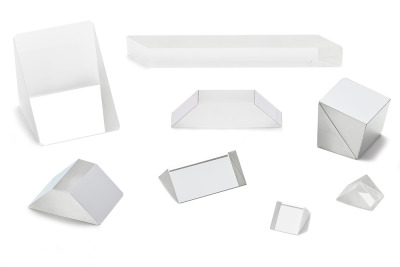
Polymer optics are used in everything from medical settings to industrial processing plants, so if you’ve been searching for them, you’re probably already aware that the market is flooded with different styles, sizes and specs. The good news is that you don’t have to waste time sifting through thousands of options. If you’re ready to make a decision about polymer optics, here are just a few things to keep in mind as you’re pulling out your wallet.
1. Know Your Needs
Microfluidics aren’t the same as biometrics. Optics used in science labs are different than optics used in assembly warehouses. While they all serve the same general purpose, their functions and features can vary wildly depending on their type, so make sure you know exactly what you need when you go shopping. Otherwise you might wind up with something made for another industry.
2. Consider Price
Again, since there are so many variations in polymer optics, it’s important to know exactly what you need and exactly how much you’re willing to spend to obtain it. Make a budget before you browse optics websites. Keep in mind, however, that the listed price of the optics isn’t necessarily the final price you’ll pay; you might also be responsible for shipping or extended warranty costs.
3. Check the Fine Print
Speaking of warranties, make sure you get some kind of guarantee before you finalize your purchase of polymer optics, especially if your product insurance only lasts for a certain amount of time before it expires. You’ll want to know about any loopholes well in advance of your return deadline. Here are a few common ones:
-Making you pay for return shipping
-Not covering “human error” accidents or damage
-Only applying the warranty to certain components of the purchase
4. Read Customer Reviews
What do other buyers have to say about the product? Don’t look at testimonials printed on the manufacturer’s website; those can be faked. Look for authentic, credible reviews found on third-party websites, and see if those reviews have anything in common. Are they all praising the same feature? Are they all complaining about the same flaw? They’re probably speaking the truth.
Whether you’re looking for aspheric lenses or plastic plano prisms, these tips should help you in your search for polymer optics. The right ones are out there; you just have to find them. Good luck!








